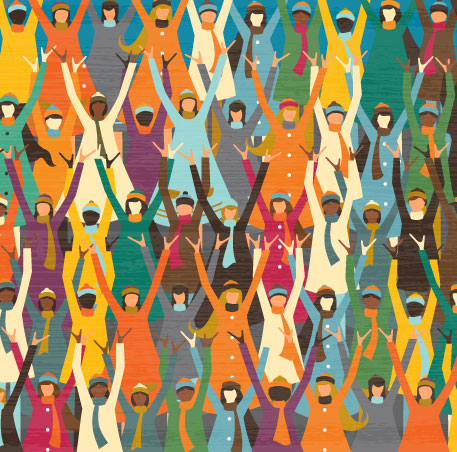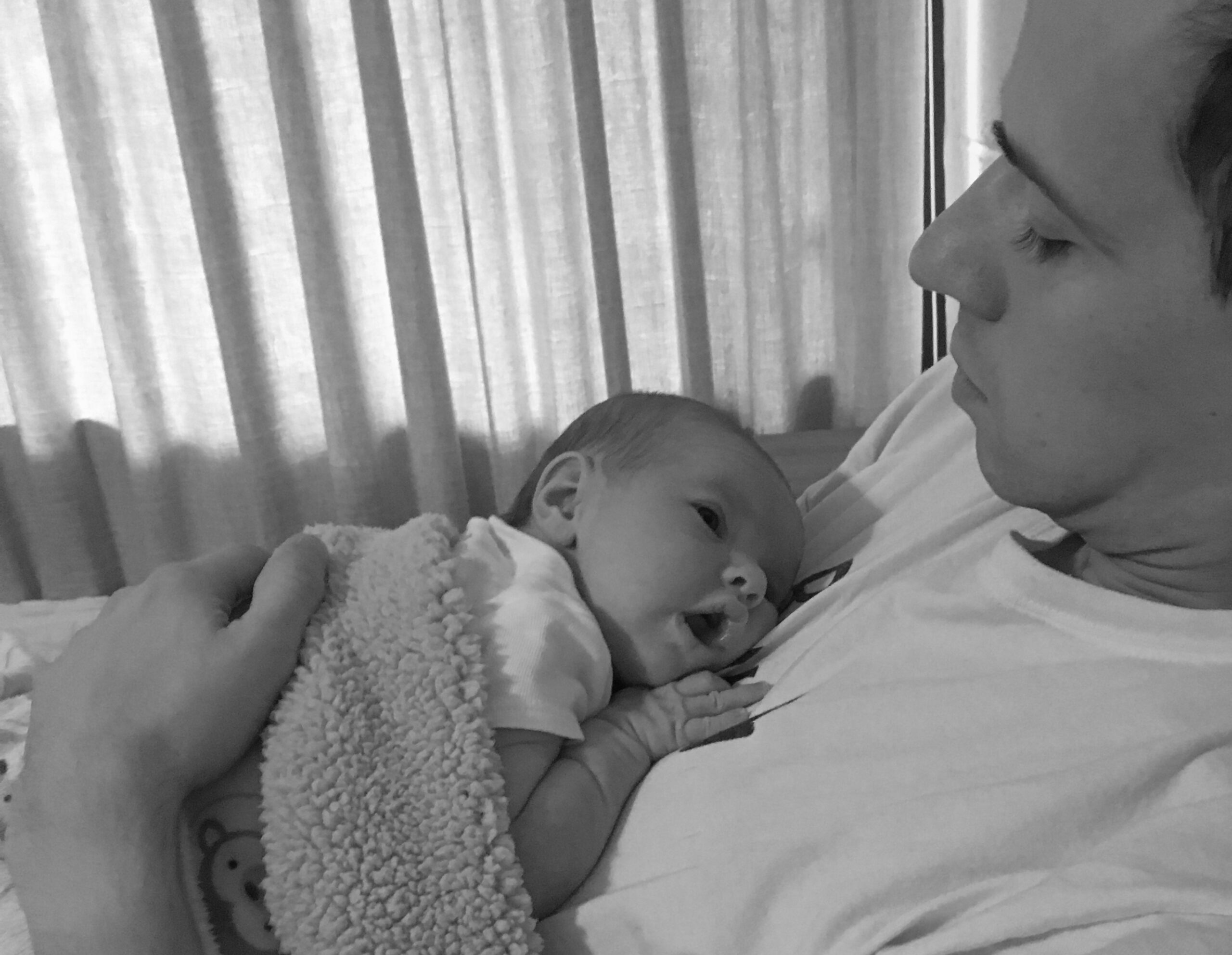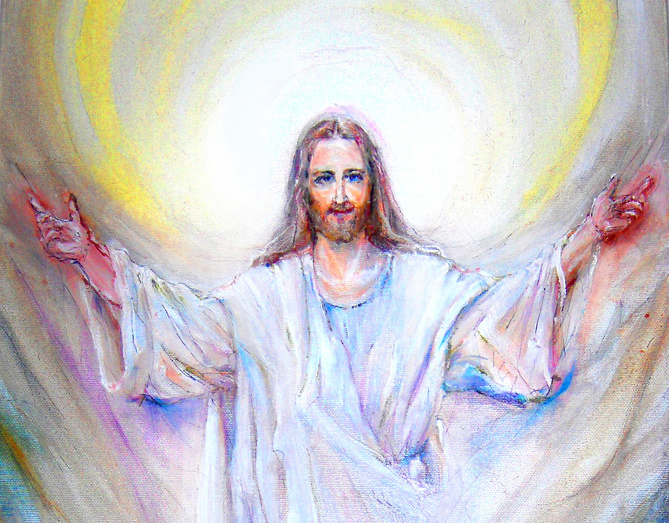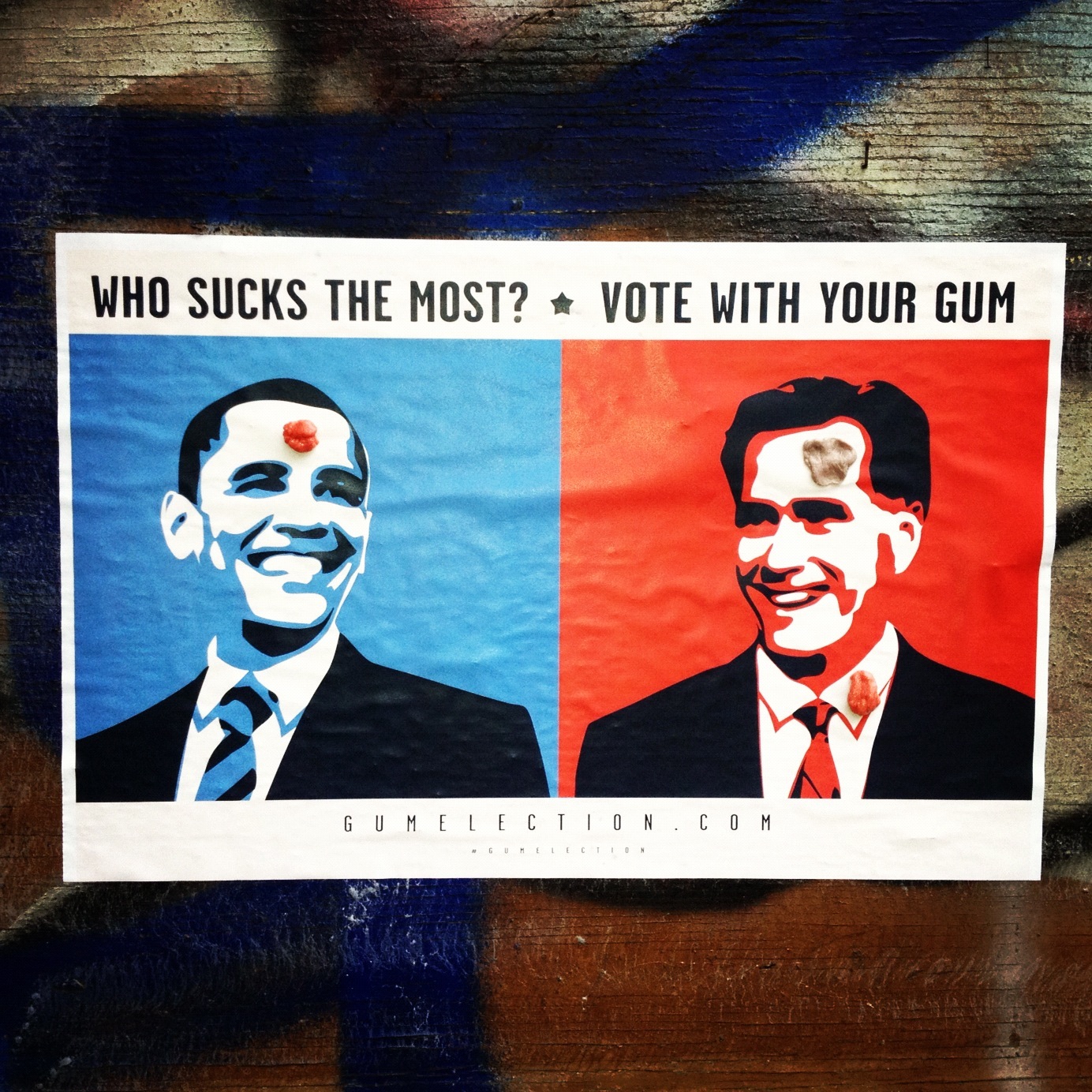 It’s a ways past the presidential elections of November and the president has already been sworn in for another term, but as we approach Lent and begin to consider our sinfulness, become more introspective, and consider how we have loved or not loved our fellow person, I’m snapped back to an emotion-filled and bitter election season.
It’s a ways past the presidential elections of November and the president has already been sworn in for another term, but as we approach Lent and begin to consider our sinfulness, become more introspective, and consider how we have loved or not loved our fellow person, I’m snapped back to an emotion-filled and bitter election season.
Divisive
It wasn’t just the television adverts, though those were the most visible. It was just everyday citizens who put aside normal decency to debate each other tooth and nail. Facebook was alight with passionate posts on the extremes—and I feel those more centre just weren’t as vocal. On debate nights I witnessed on Twitter, good people eat each other up with stabbing remarks—most which were not necessarily based in fact. Opinions were wielded as facts and some were blaming a candidate for something they themselves were guilty of. If you want to see the United States as its most divisive, pay attention during a presidential election.
One of my Facebook friends honestly posted one evening how sad and disturbed she was by the contention and bitterness toward fellow human beings. She called some of the things said “hateful”. Why is it that elections can bring out the worst in people? Or a better question: Why does that “worst” even exist in the first place?
I speak often about our brokenness. Brokenness is part of our human reality and our internal passions, when inflamed, can uncover that raw sin that seeps from that brokenness. The sin is the hateful words; the brokenness is the blindness to other positions. I myself was passionate about certain political and social issues on the table last year, and though it may have been hard, I tried to understand the opposing side. Now we see the issue of gun control resurfacing hardened passions and hateful words.
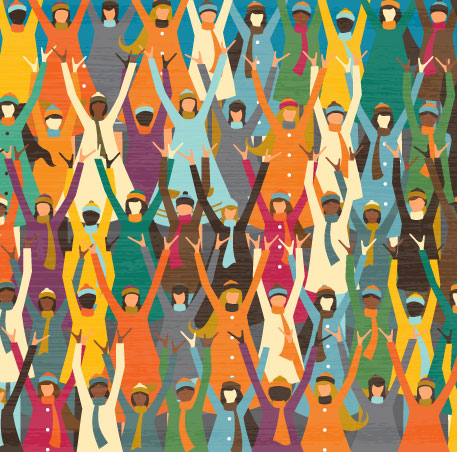 Brokenness or Wholeness?
Brokenness or Wholeness?
Often we feel our way of seeing the world is the only right way. Our brokenness can be seen in how different we are, with different views and opinions—or our wholeness can be seen in those very differences. Those are the very things that can bind us together. Call it complementarity, diversity, constructiveness. Differences, even political ones, are what gives us a corporate balance. Being aware of them, respecting them, and further modifying our positions is what diversity is all about. I’m always inspired by Jesus. Though he may have disagreed with others he listened and treated them with respect whether it was with the Pharisees, an adulterous woman, someone of a different ethnicity like a Samaritan, or an outcast disabled person. All of these people came from different contexts and experiences, but Jesus knew they all had something to say and something to contribute.
| >> This Lent, reflect on how the brokenness you’ve seen in yourself in the last year can bring about a new wholeness in yourself and in your community. Try an annual examen. |
Related posts:
- No one but Donald Duck!
- Why doesn’t God solve all our problems?
- Confession, Vulnerability, and Healing
- The Power of Political Catchphrases
Listen to an audio version of this post…
Music by audionautix.com

